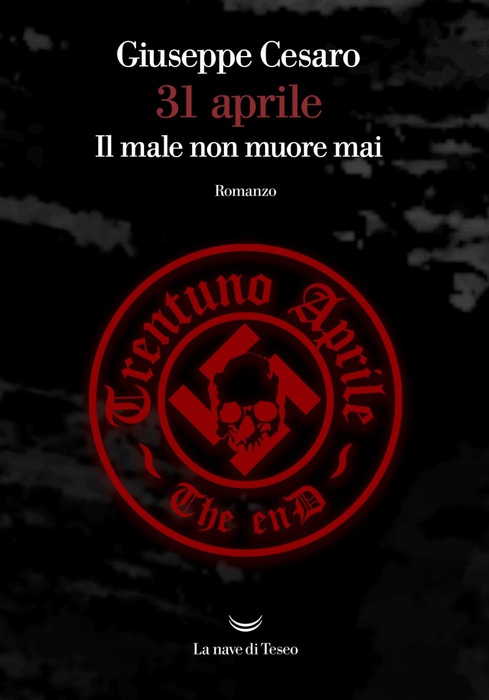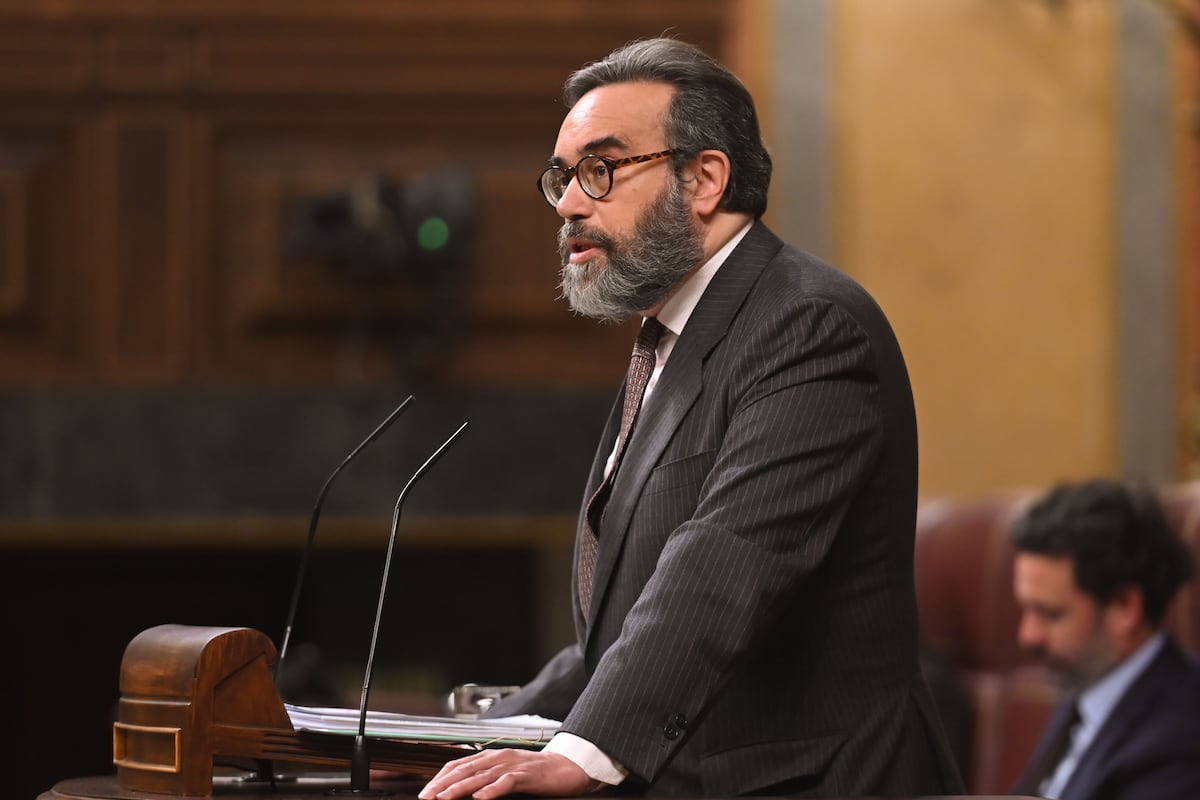(by Patrizio Nissirio) (ANSA) - ROME, APRIL 08 - GIUSEPPE CESARO - APRIL 31.
EVIL NEVER DIES (La Nave di Teseo, pp. 448, 19 euro) - Adolf Hitler commits suicide in the Berlin bunker on April 30, 1945.
A few decades later, his followers continue to keep his macabre dream alive, which triggered a world war with tens of millions of deaths.
For this they called their organization 'April 31', to symbolize the intent to resume the construction of the Reich in the aftermath of the death of the Fuhrer, relaunching his delusional plans.
This is the starting point for '31 Aprile.
Evil never dies', a novel to which the definition of 'thriller' is narrow, but which does not lack high tension and twists, up to the dramatic ending.
A book that marks the return to fiction of Giuseppe Cesaro, already author of the excellent 'Indifesa' (2018), where, alongside the unfolding of the plot, one enters an examination - often philosophical - on the charm of evil, an attraction that seems invincible.
Even in today's world, where certain monsters appear present and dangerous for democracy but also, in particular, for those who try to oppose.
The story, set in Germany, revolves around Vera Stark, a journalist who investigates neo-Nazi plots, whose center seems to be the dismal Villa Redemption, a nursing home transformed into an 'urban' lager, where about twenty thousand people were eliminated, and then in the museum.
Which officially wants to be a warning against the Nazi nightmare, but which hides its true purpose.
In fact, it is managed by Edna Schein, daughter of SS Colonel Mäher, tried and executed for her crimes at the end of the war.
An act that the old woman considers an injustice.
Vera's investigation becomes more and more risky, as she gradually realizes that nothing is what it seems.
Cesaro - especially in the dialogues - admirably recounts the difficult confrontation with an ideology that does not listen to reason, but only to its own perverse, brutal logic.
His prose, rich and refined, is full of literary and philosophical (but also cinematographic and musical) quotations, historical underlining and well-defined characters.
The ambiguities of the past - such as those of the large international industrial groups that quietly did business with the Reich - are evoked to understand the creeping risks of the present.
And in the research on why evil is often defeated but not erased, one of the novel's central reflections is reached: "Because, unlike good, it learns from its mistakes. Good does not: it always makes the same mistakes and, in the end , he leaves his enemy alive; he never gives him the coup de grace. "
And so the evil gets up and continues to successfully address the most basic but very strong instincts of the human soul: dominate, kill, hate.
A compelling novel but also a warning against those seductions, very urgent and current.
(HANDLE).







/cloudfront-eu-central-1.images.arcpublishing.com/prisa/W24ZFWCMCFGMHPPJYFGV27BJJA.jpg)





